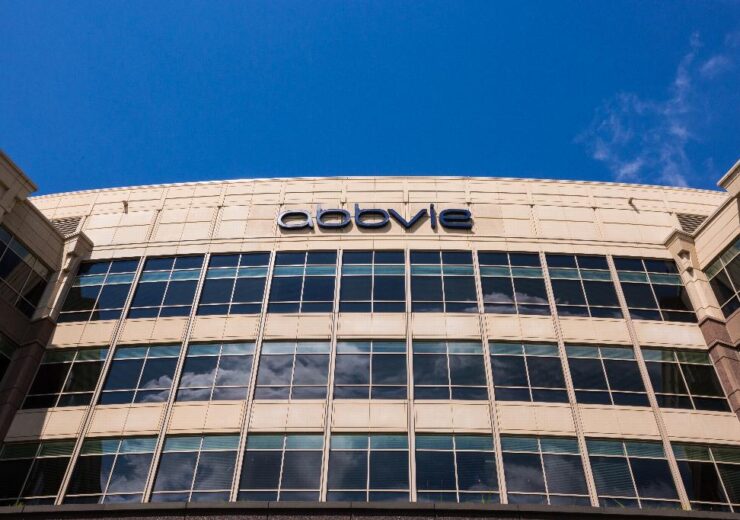First registered, randomized Phase 3 trial in hidradenitis suppurativa (HS) evaluating the efficacy and safety of upadacitinib (RINVOQ) in adults and adolescents with moderate to severe HS1

AbbVie US Headquarters. (Credit: AbbVie Inc.)
AbbVie (NYSE: ABBV) today announced that the first patient has been dosed in the Phase 3 Step-Up HS study evaluating upadacitinib (RINVOQ) in adults and adolescents with moderate to severe hidradenitis suppurativa (HS) who have failed anti-tumor necrosis factor (TNF) therapy and/or one approved non-anti-TNF inhibitor therapy for HS.
“Hidradenitis suppurativa is a chronic, inflammatory disease that often leads to irreversible skin damage and extreme pain for patients,” said Roopal Thakkar, M.D., senior vice president, development and regulatory affairs and chief medical officer, AbbVie. “Leveraging our proven expertise in immunology and experience in HS, we continue to drive innovation and pursue advancement of care in patient populations with difficult-to-treat immune-mediated diseases that have limited therapeutic options.”
HS can appear on the skin as painful bumps, nodules or abscesses that leak fluid, lead to scarring and even connect under the skin as tunnels. Nodules generally develop in areas of the body where hair grows or skin rubs against skin, such as the underarms, groin or back of the neck.
While HS is estimated to affect up to one percent of the global population, patients can experience increasing disease severity and symptoms for as long as seven to 10 years before receiving an accurate diagnosis. There is no cure for HS, and there are limited treatment options, making further study of this disease critical to better understand its impact and help meet patients’ unmet needs.
Step-Up HS is the first Phase 3, randomised, placebo-controlled, double-blind, multicenter study to evaluate the efficacy and safety of upadacitinib compared to placebo in adults and adolescents (12 to less than 18 years old) with moderate to severe HS who have failed anti-TNF therapy and/or one approved non-anti-TNF inhibitor therapy for HS. Aiming to enroll approximately 1,300 participants across 275 sites worldwide, the study consists of three periods. In Period 1 (0 to 16 weeks), the safety and efficacy of upadacitinib 30 mg will be evaluated versus placebo, which is the primary analysis of the study. In Period 2 (16 to 20 weeks), based on clinical response, patients will be re-randomized to upadacitinib 30 mg, upadacitinib 15 mg or placebo, followed by a long-term extension Period 3 (20 to 68 weeks).
The study’s primary endpoint will measure the percentage of participants achieving HS clinical response (HiSCR) 50, defined as at least a 50 percent reduction in the total abscess and inflammatory nodule (AN) count with no increase in abscess count and no increase in draining fistula count relative to baseline at week 16.
The Phase 2 study was completed and study results were presented at the American Academy of Dermatology (AAD) Annual Meeting in March 2023 and are planned for publication in a scientific journal. Additional results from the Phase 2 study will be presented at a future medical congress.
Source: Company Press Release
